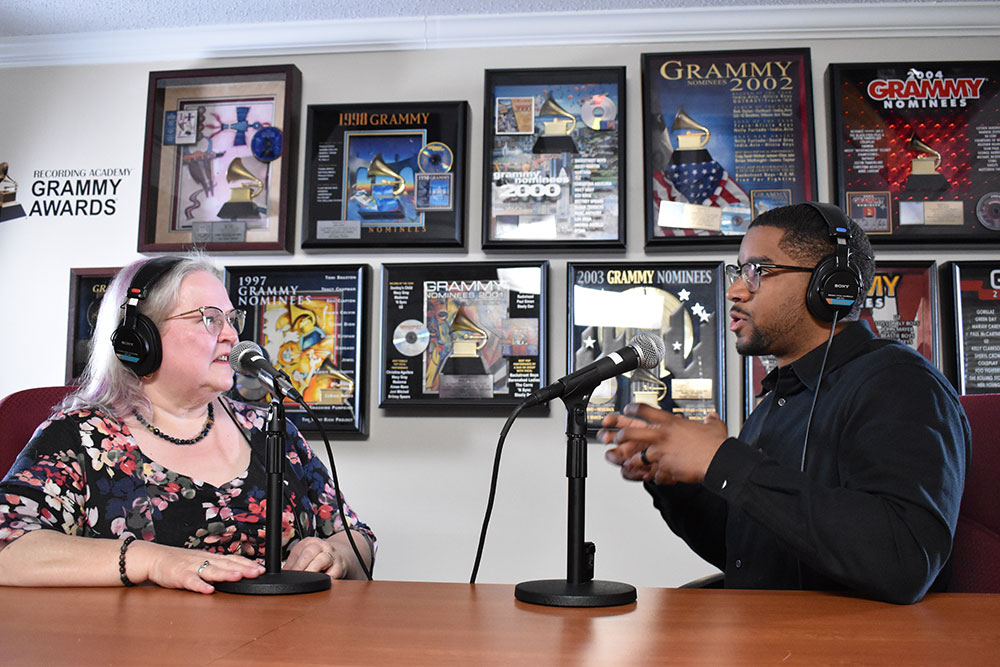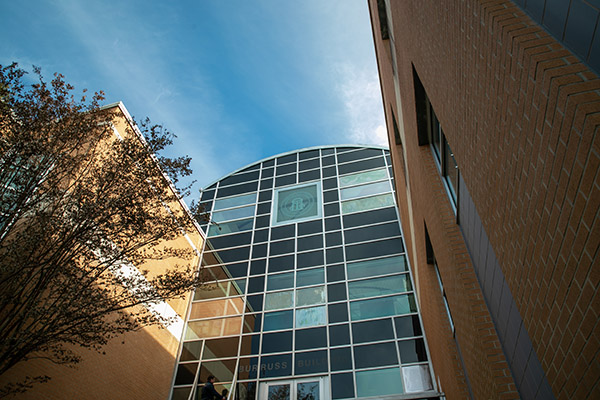The decision is in. The Federal Reserve won't raise interest rates and while many of Atlanta's top financial experts have strong opinions about the decision, there is just as strong of a contrast between them.
THUMBS UP
Professor Rajeev Dhawan, director of the Economic Forecasting Center at Georgia State University:
"Based on current data, predictions of the future, global conditions, lack of inflation and most importantly the upcoming fight in DC on their budget and impending debt ceiling that can lead to a shutdown again, it’s prudent to wait. That said they are buying some time by postponing the hike to December or even later. One thing is for sure; the zero rate environment is being loved by the automakers and dealers who selling vehicles like its Christmas in July every month this year."
Professor David N. Laband, chair of Georgia Tech's School of Economics:
"There is little evidence that our extended period of 'easy money' has resulted in a worrisome inflationary regime. Conversely, there is ample evidence that the post-2008 economic recovery has been, and remains, less-than-robust. Raising rates at this time surely would have compromised the pace and/or extent of our economic recovery. Finally, once the Fed starts raising rates they will introduce new uncertainty into world financial markets, specifically with respect to future Fed rate increases. At a moment when world financial markets already are experiencing an unusually high level of volatility, the Fed's continued hold on interest rates will help stabilize financial markets whereas a rate hike arguably would have resulted in increasing volatility in those financial markets."
Sam Fraundorf, chief investment officer at Diversified Trust:
"We don’t see an immediate need at hand for the Fed to increase rates; the usual suspects are not out of hand, with employment reasonable, wage growth slow to stagnate and low levels of inflation. A rate hike currently has the effect of strengthening the U.S. dollar in addition to creating higher costs of borrowing, both of which would add headwinds to an economy that doesn’t appear to need cooling. Certainly, we understand the desire to lessen the central bank’s influence on felt wealth through the pricing of financial assets; almost any place you look you see valuations at relatively high levels, impacting financial asset expected returns for years to come. And the Fed would prefer at such valuation levels to have interest rates in addition to their balance sheet and further quantitative easing as an arrows in their quiver. Today, though, is probably not the day to start that effort."
Gary Pzegeo, head of fixed income at Atlantic Trust Private Wealth Management:
"The Federal Reserve has decided to wait for more evidence of strength before raising rates. The Fed’s concern over international financial conditions appeared to offset an otherwise strong domestic economic assessment. Financial markets are pleased with the Fed’s dovish approach. Bonds and equities have rallied since the release and leadership has been in rate sensitive areas such as utilities, reits, and intermediate maturity high quality debt. The Dollar has been weakening versus the Euro and Yen, as might be expected in a sustained low rate environment."
THUMBS DOWN
Professor Roger C. Tutterow, director of the Econometric Center at Kennesaw State University:
"We should not confuse a modest movement toward a more normal monetary policy with a Fed tightening. While measured inflation remains low and there are still concerns about global growth and the strong dollar, the environment does not justify being at the zero lower bound. A modest move upward would allow savers to be rewarded for their thrift and begin to gradually nudge us toward a more normal environment."
Professor William D. Lastrapes, editor of the Journal of Macroeconomics at The University of Georgia:
"I have felt for a while now that 'normalization' of monetary policy -- raising target rates and, perhaps, reducing the size of the Fed's balance sheet -- would be a strong indication that Fed policy makers see the economy as able to perform on its own, without need of low interest rates to stimulate spending. This, I think, would reduce uncertainty created by the Fed itself, which is a negative drag, but would also have 'self-fulfilling' positive effects on economic activity. While the Fed might have legitimate concerns about global uncertainties (e.g., China) which might support current rate targets, low observed levels of inflation are not a concern to me right now (these levels are driven somewhat by low oil prices, and that, overall, is a good thing), and labor markets seem to be steady. I find credible the claim made by many that the Fed's hesitation to raise its record-low (at the time) 1 percent fed funds target after the 2001 recession, keeping it well below levels consistent with stable aggregate demand for a full year (until July 2004), led to grave distortions in asset prices and contributed to the 2008 financial crisis and recession. The Fed's current low short-term interest rate target, together with the loosening effects of quantitative easing on long-term yields, lead me to fear that we might be in a similar situation today."
Adrian Cronje, chief investment officer at Balentine:
"The best reasons for the Federal Reserve not to raise interest rates today are: inflation is still well below their target rate of 2 percent and in theory, it is easier for them to correct the mistake of being too late to raise interest rates than being premature. Why thumbs down? The Federal Reserve missed a golden opportunity today to show everyone that they are not being held hostage by the Capital Markets. They could have taken a small first step toward normalization by lifting off today and to accompany that baby step with very clear guidance that the path of future tightening would be very slow and gradual. Interest rates at 0% look increasingly abnormal alongside a normalizing US economy and healing labor market."
Greg Charleston, senior managing director and leader of Conway MacKenzie Inc.'s Atlanta office:
"The Fed chickened out. When the economy went into a recession in 2008, the Fed essentially prescribed the country 'pain medication' by lowering the fed funds rate to near zero. The 'pain medication' was necessary at the time. However, now seven years later, the country is fully addicted to the 'pain medication' (zero interest rates) and the Fed continues to enable this unhealthy approach."
Mekael Teshome, economist for PNC Financial Services Group Inc. who recently wrote the bank's 3Q Atlanta Economic Outlook:
"Holding the fed funds rate near zero implies that central bankers think the U.S. economy is in 'critical' condition and needs to remain in the emergency room. This is not the case. The imbalances that got us into the recession are being corrected. Housing markets across the country are recovering, the financial system is well-capitalized, we continue to add jobs at a healthy rate and we are less than a year away from full employment. Inflation has been weak lately because of lower energy prices but the medium-term outlook (say 1 to 2 years) is more important. When you look that far ahead, expectations for inflation are well anchored at a little below 2 percent. A tighter labor market will likely lift wage inflation and energy prices are likely to be stable. Aversion to raising rates seems to be driven by fear of things that are either transitory (stock market correction, oil price declines) or are not sufficient in themselves to derail the U.S. economy (emerging market slowdowns). Yet, such external concerns always linger in the background. So if not now, when? When there is perfect calm in capital markets? Further delay in normalizing rates could result in having to hit the brakes hard and fast when the economy is 'completely healed'. This entails greater risks than starting now and normalizing rates in a measured manner."
Stephen Davenport, equity derivatives specialist for SunTrust Inc.'s Investment Advisor Group:
“The Fed concern about international issues has already done some of the tightening which they were getting ready to do. The stronger dollar and worsening Financial Conditions which Governor Dudley utilizes seem to have done some of the work for the Fed. Lower exports caused by stronger dollar and weakening worldwide growth have combined to prevent Fed action. The stronger labor markets, particularly record JOLTS survey (a Chair Yellen favorite), look good but the lower inflation gave them the room to leave rates unchanged. Markets initial positive reaction is starting to weaken as the reality of an economy, ‘just not strong enough’ for a quarter point increase will make participants more nervous.”




















